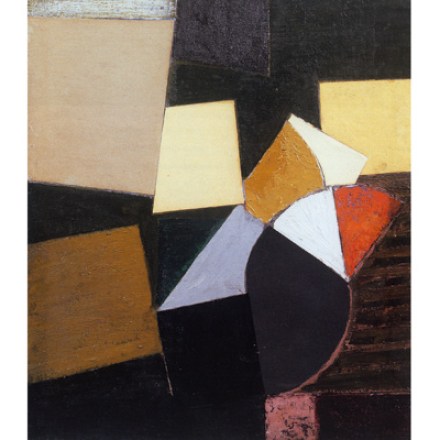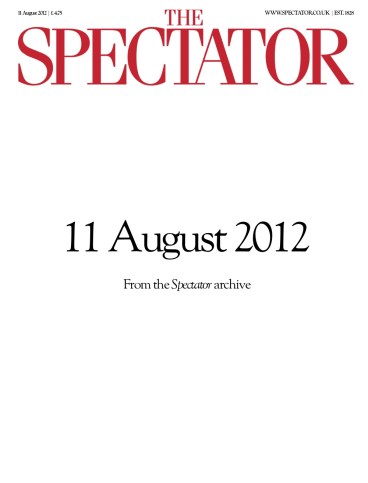Gentleman abstractionist
Adrian Heath (1920—92), like so many artists, was a mass of contradictions. Jane Rye begins her excellent study of him by quoting Elizabeth Bishop: ‘A life’s work is summed up as the dialectic of captivity and freedom, of fixed form and poetic extravagance, of social norms and personal deviance.’ Heath thought of his painting as







